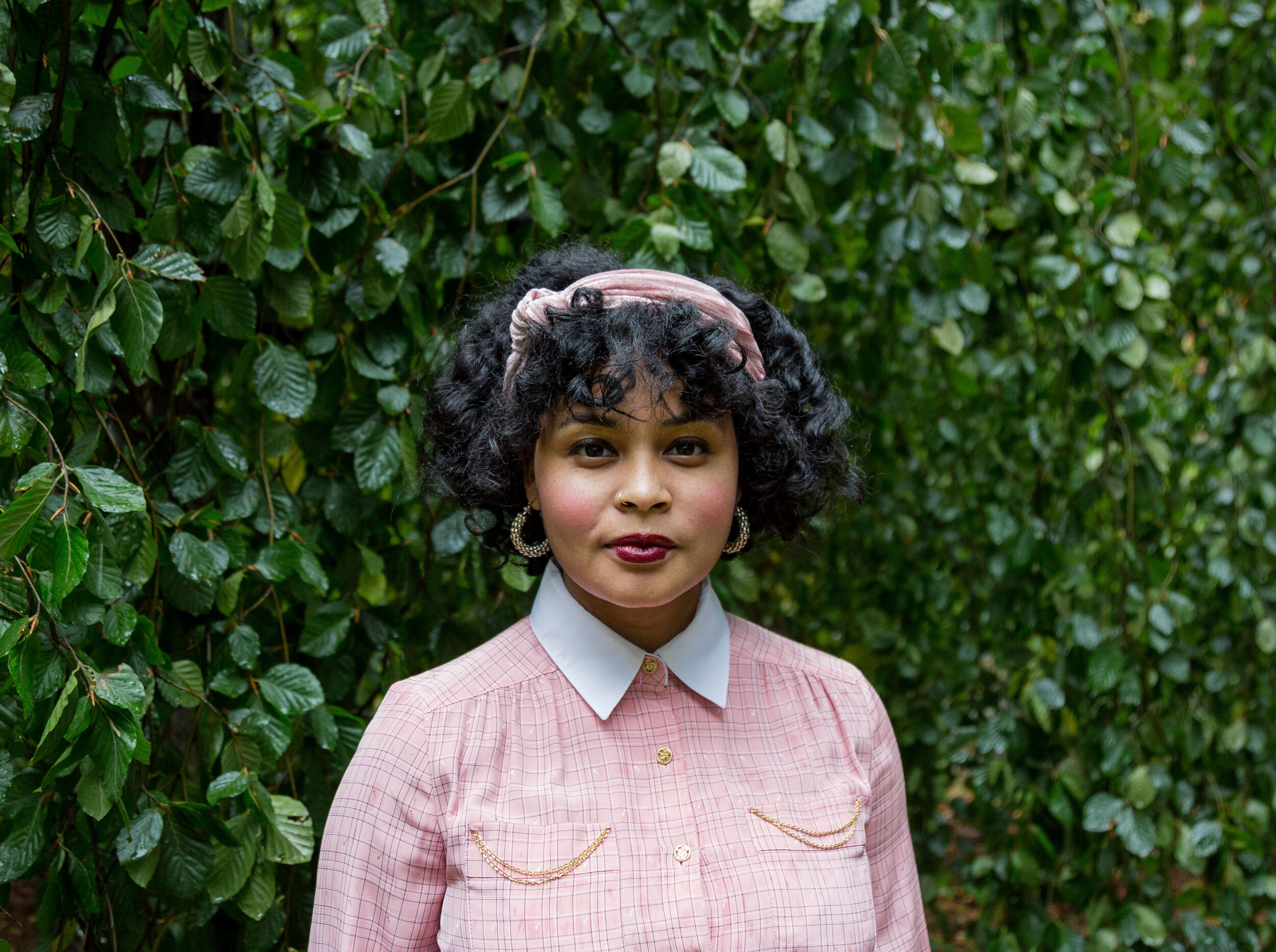How Gender Bias Influences Sexuality
Meet Attia S. Taylor, the founder and editor-in-chief of Womanly Mag. We had the chance to speak with Taylor about the development of her progressive, diverse and stunning publication, how she keeps it going and how gender bias influences sexuality.
MSB: As I understand it, Womanly Mag aims to provide accessible health information to women and non-binary people. Can you speak more to how this type of information is often inaccessible?
AT: As a community, we’ve both seen and experienced significant gaps and barriers to health access over our lifetime and our parents’ lifetime. The consequences of our parents facing access disparities growing up means that we inherit their lack of care and navigate a system that has failed us time and time again on our own journey. This is unacceptable.
We provide basic preventive health information that often lives behind expensive copays, long travel times to specialists, a block of text on a website with low readability, inaccurate on a forum, or is just not ever made aware of to people who are low-income, BIPOC, disabled, and marginalized in any sense. Our mission is to meet people where they are with accurate information that they can both understand and enjoy learning about. Health information does not have to be sterile. We’re learning through our work that people are often inspired to take care of themselves when they can see themselves mirrored in the information. In that, their story may be highlighted, their skin color or body type represented, or their condition may be presented in a less daunting fashion.
MSB: Those are incredibly admirable goals. Who is the driving force behind Womanly?
AT: Our volunteer team is the driving force! We are all working full-time jobs and making time for Womanly in the evening hours and on weekends. I can’t emphasize enough how much of a community effort this is. We are a big team, and we all run on our passion for health education and helping people live and lead their best lives.
MSB: What has been the reception of the publication since its birth? How have you grown?
AT: We have had an overwhelming response of support since we launched two years ago. The growth we’ve seen is proof of that. Our audience is so vocal about how much our work has helped them and inspired them. We are quite overwhelmed with submissions from writers, illustrators, nurses, doctors, and ordinary people looking for a place to share their stories. I feel so honored that people trust us with their work.
We’re also slowly but surely, creating long-lasting partnerships to ensure we stay around for the folks who need us. We’ve partnered with The Strand, Planned Parenthood of Greater New York, Mount Sinai, and many, many other incredible institutions that push forward the work we’re doing. This year we have even bigger plans for expansion and can’t wait to share what we’re planning.
MSB: As a magazine entitled ‘Womanly,’ you must see gender intersecting sexuality in many ways. How have you seen the issues of gender bias affecting people's understanding of their own sexuality?
AT: I, personally, think we are often influenced by the societal standards that come with a specific gender. There’s this pressure to be only feminine or only masculine, and that creates so much confusion because there is a real spectrum and nuance to the many identities and sexualities that we can take on just as people throughout our lives. The need to box ourselves in is a patriarchal capitalist ploy to limit us in every way. Once we learn to understand ourselves and each other as fully unique beings from birth and thereafter, defying the mold we’ve been placed in, the sooner we can begin to explore new ways of learning and educating on a mainstream level.
MSB: Have you written or published any pieces on gender bias? If so, what was the response from readers?
AT: Overall, we focus our work on health access. We have consciously chosen not to respond to the white patriarchal gaze. Our work is to honor and celebrate who we are and where we are as people. Creating access for non-white-cisgender-heterosexual people is important and dire. Anyone can feel “womanly;” it’s an adjective. Men can feel womanly. Women can also NOT feel womanly. We’re working on changing the narrative around what people think it means to be on a spectrum.
MSB: In March, we are talking about the rise of audio porn. Do you see audio porn as "on the rise," and do you see any benefits to it as an art form?
AT: I’m not sure if I can say it’s on the rise based on little information but I do enjoy seeing new ways and mediums for people to experience and create pleasure. I have a soft spot for audio, so it makes me excited to know the depths we can reach with just sound as a stimulant. I think it’s incredibly beneficial as a form of expression.



